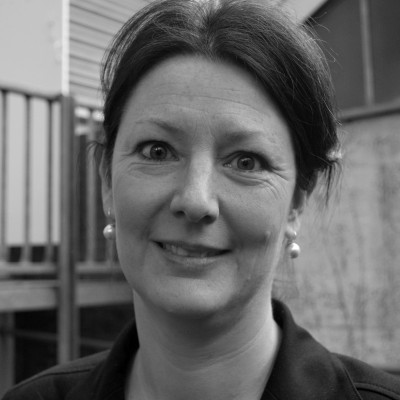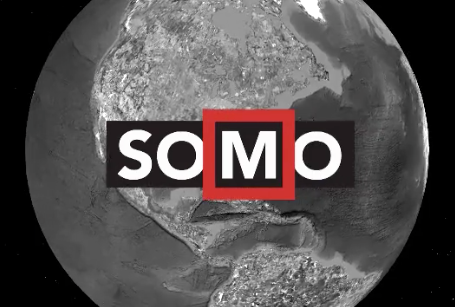
As combative as ever, Melanie Peters bids SOMO farewell
Melanie Peters stepped down from the SOMO board in August, when she was elected member of the National Contact Point (NCP) for the OECD Guiding Principles on Business and Human Rights. An honorary position for a four-year term.
“Zes jaar lang was Melanie Peters een zeer betrokken SOMO-bestuurder. De bijdragen van Melanie waren kenmerkend”, zegt Ronald Gijsbertsen. “Zij wist, met veel kennis van zaken en strategisch inzicht, discussies en onderwerpen met elkaar te verbinden, zaken van een onverwachtse creatieve kant te benaderen en daar altijd mensen uit haar grote netwerk aan te koppelen.”
“For six years Melanie Peters was a very engaged member of SOMO’s board. Her contributions were remarkable,” says Ronald Gijsbertsen. “Her deep knowledge of issues and a penchant for strategy allowed her to link discussions and topics, to approach issues from a creative perspective, and then find people in her wide network that she could bring in to those issues.”
Looking back at the SOMO board
Peters sees a clear development in recent years. “SOMO has consolidated its position and demonstrated the urgency of its work. For instance, by looking at the right issues and by highlighting socio-economic problems, but also by staying close to the heart of debates, and through international cooperation and capacity-building. And let’s not forget the idea of hosting networks such as MVO Platform(opens in new window) and OECD Watch(opens in new window) .”
Both with SOMO and with Studium Generale(opens in new window) , Peters sees in the emergence of the internet a growing array of possibilities for change and empowerment. “Reports and other information can be accessed and referenced by everyone; the interaction between researchers and other stakeholders now happens at a much earlier stage. All this is fuelling the discussion in a positive way.” Peters believes that SOMO has to keep tabs on worldwide developments, “Take for instance the Chinese multinationals that are investing in Africa, where abuses are also being reported. Here too research is urgently needed. Then there’s also the issues of gender and competition, which also deserve SOMO’s attention.”
Complaints mechanisms
“It is often impossible for victims of abuses by multinationals to seek justice. That is why I appreciate very much SOMO’s Human Rights & Grievance Mechanisms programme. Many NGOs advocate for new legislation, but I have more trust in mechanisms that can push for justice and ensure that multinationals reach an agreement with the people they’ve harmed. When you go down the road of judicialisation you’re more likely to benefit those with more time and better lawyers. Indeed, it looks like companies are more likely to get their way when you go for the regulatory option. In contrast, damage to reputations has a greater impact than a heavy fine. As far as the victims are concerned, they often prefer redress – they’d rather see the corporation take responsibility – than to receive only just monetary compensation.”
Lowering the threshold for filing claims
Many individuals and large groups do not have the capacity or the degree of organisation necessary to file a complaint. There are no NGOs that can help or they are not well enough known. Or there is widespread fear or lack of time and knowledge in terms of the information and skills needed to file a complaint at the NCP(opens in new window) . As a member of the NCP, Peters would like to increase the visibility of the NCP and of the OECD Guidelines, and to lower those thresholds. “Crucially, by mapping local NGOs and deciding precisely which skills and knowledge are lacking. If it turns out that there are not enough research actors, I would like to see the NCP take up research competencies to accompany its mediating role among different social players and companies.”
Do not push the responsibility on to the consumer
“If a company wants to do serious work in the field of sustainability and operate with corporate social responsibility (CSR), they should not be pushing their responsibility onto the consumer. Consumers worldwide are under pressure to make quick choices without being properly informed. There is far too little transparency in the production chain. It’s hard even for organisations such as SOMO or the Dutch consumer protection organisation Consumentenbond to find out where products come from and who they are made by. Let alone for a consumer.” Peters gets steamed up by the way citizens and companies are constantly pressured to behave like this or like that, but then when it comes to sustainability and CSR, it’s called patronising.
New job
Melanie Peters is letting go of her post as director of the Studium Generale, as well as her classes in Liberal Arts and Sciences at the University of Utrecht, to take up a position as director of the Rathenau Institute(opens in new window) .





